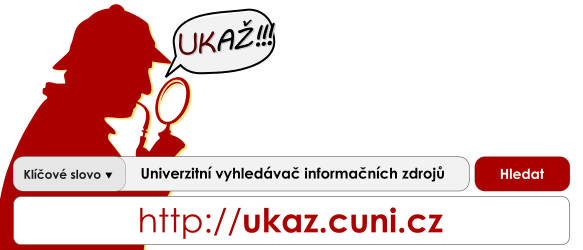
Zveme vás na přednášku Patricka Hankse (Research Institute for Information and Language Processing, University of Wolverhampton, UK) Lexis, Meaning, and Phraseology, kterou pořádá Ústav pro jazyk český Akademie věd ČR. Přednáška se uskuteční ve středu 6. 6. 2018 od 17:00 v Akademickém konferenčním centru (areál Akademie věd, Husova 4a, 110 00 Praha 1). Přednáška bude proslovena v anglickém jazyce, její abstrakt je k dispozici zde:
Word meaning is at best a very vague phenomenon. Some lexicographers, including Sue Atkins and the late Adam Kilgarriff, have gone so far as to claim that word meanings do not exist. If that is right, how is it possible that people achieve precision in the meaning of their utterances (as they clearly do)? And how is it possible to use language creatively, to talk about new concepts and to talk about existing concepts in new and unusual ways?
The answers are surprising. They call into question much previous work in lexicography and computational linguistics. The so-called ‘word sense disambiguation problem’ remains unresolved – and is unresolvable – because, I shall argue, it is based on unsound theoretical assumptions. If word senses do not exist, then obviously they cannot be disambiguated (or processed in any other way).
The hypothesis discussed in this presentation is that meanings are not static, stable entities, but events. They are associated, not with words in isolation, still less with syntax, but rather with events in which words and syntax interact, i.e. with phraseology. A major discovery of corpus linguistics in recent years has been that phraseology is not random and free, but very highly patterned. The activation of meaning depends on the existence in a language community of a shared body of phraseological norms – stereotypes, each of which is associated with a set of prototypical (and variable) beliefs.
Modern lexicographers have a duty to record the stereotypical phraseology that is associated with each word, and to record the prototypical beliefs associated with each phraseological pattern. On this lexicographic basis, linguists and philosophers of language could begin to explore how the phraseological norms are used in a language community to make meanings.
Up to now, all of these people (lexicographers, linguists, computational linguists, and philosophers of language) have failed miserably to get to grips with the problem of meaning. This is largely because, until very recently, insufficient evidence was available in the form of electronic corpus evidence and computer programs that would enable lexicographers to identify and interpret the phraseological norms of a language. Now, at last, the evidence is available, but the commercial motivation for interpretation of lexical evidence in the form of large printed dictionaries has evaporated.




